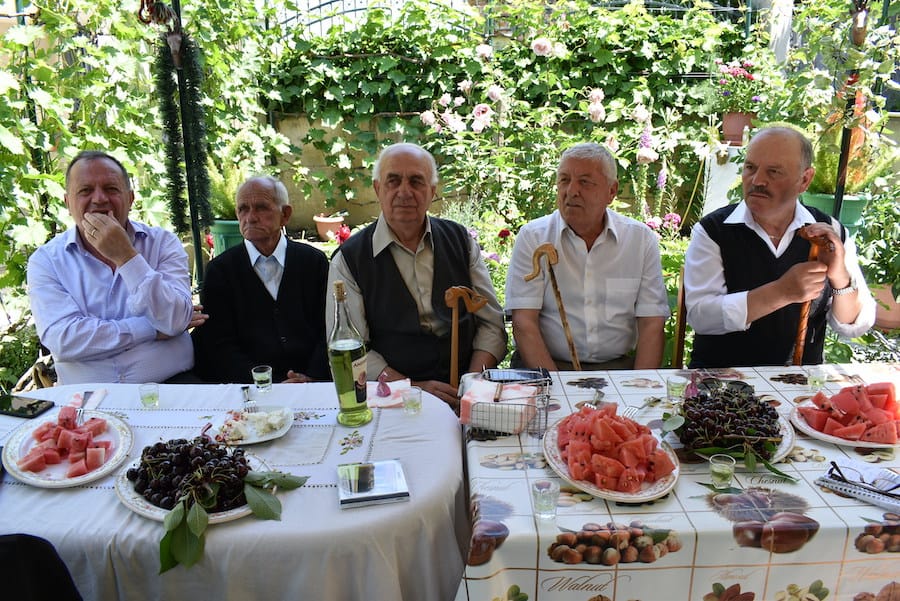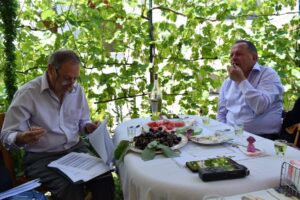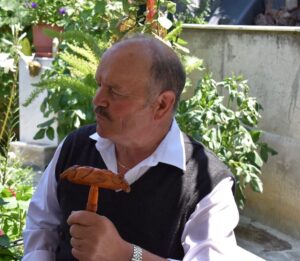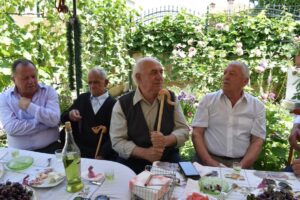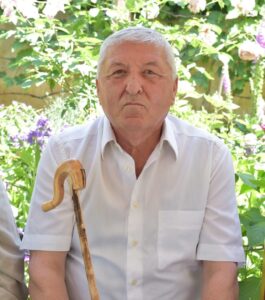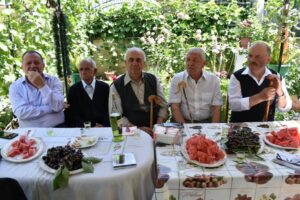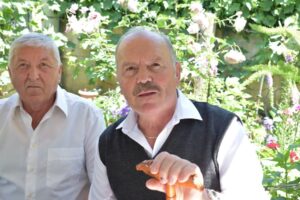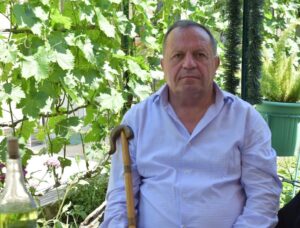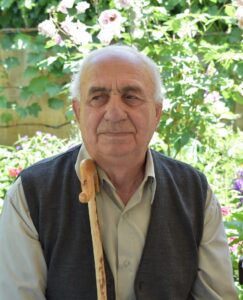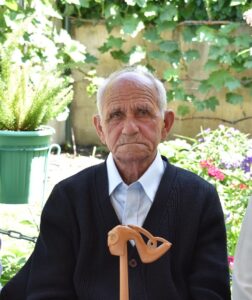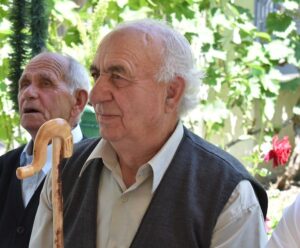The Aromanian, Vlach song in Drenova, is considered one of the practices of polyphonic singing with iso-accompanying characteristics of South Albania, internationally known as iso-polyphony, and has been proclaimed as a “Masterpiece of the Oral Heritage of Humanity” protected by UNESCO in 2005.
Their repertoire since 1978, shows that they are carriers who perform the song with high artistic skill. All performers, from the oldest, Aleks Mihallari 86-year-old, to the youngest, Thanas Tona, 64, within the multicultural landscape set up since the Byzantine and Ottoman era, reflect the place music took up in their culture. “If not by singing, why should one live for”, says Spiro Gramozi, a prominent singer for 45 years.
Even though the former dictatorial state did not recognize them as a community, the group coexisted within the Tosk iso-polyphony space of Korça district.
The Vlach song is performed by men and women alike. The first or the lead singer takes the melody, the second cut it by imparting and elongating the musical thought, while the others accompany it contrapuntally with iso, sustained sound (ostinato). Singing is performed in groups, in chest voice and each verse progresses towards the end with a three-level climax. In special cases, these songs are also accompanied by saze-s with varied text content, namely: lament songs, ballads, epic, historical, wedding, ritual songs, etc. The group includes, apart from Vlachs, bearers of Tosk polyphony, who perform together in unison, without affecting the identity and characteristics of the Vlach song.

